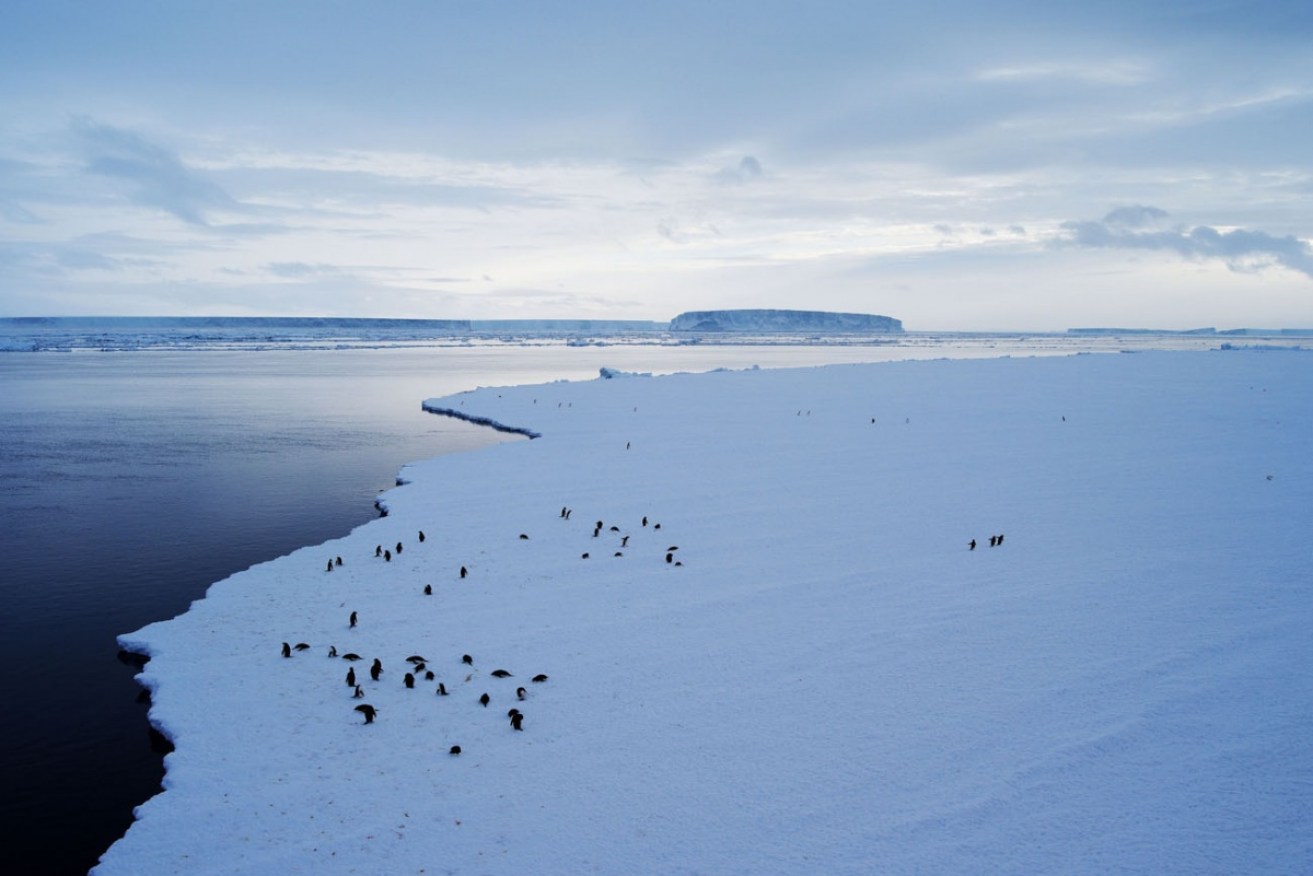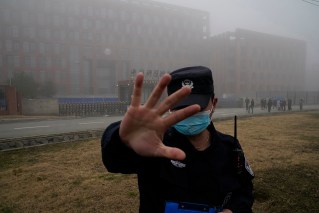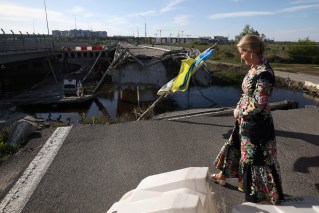UN scientists probe Antarctic warming that could impact global weather

Retreating Ice sheets in Western Antarctica could reveal land that hasn't seen sunlight in 14 million years. Photo: AAP
A UN scientific agency says it is starting to see a “warming signal” in the western part of Antarctica, which could have big implications for global weather.
Scientists are gathering in Melbourne over coming days to discuss changes to the world’s weather patterns as the planet warms.
The Arctic is known to be heating at roughly twice the global average rate, with consequent reductions in ice and snow cover and melting of glaciers and permafrost.
The impact of this is being felt in in terms of rising sea levels and changing weather and climate patterns.
But concerns are now being raised about the impact of global warming on Antarctica.
World Meteorological Organisation president David Grimes said Australian and US scientists were seeking to understand what is happening, especially in terms of energy transfers.
“In the western part of Antarctica we are starting to see there has been a warming signal there, while before you would say Antarctica wasn’t getting any warmer,” Dr Grimes told AAP on Monday.
He said Antarctic researchers wanted to know whether the energy transfers taking place between the land, atmosphere and oceans were affecting the behaviour of weather in Australia and other places.
The signal appeared to be clearer in the Arctic where the thickness and extent of summer sea ice in has dramatically declined over the past three decades.
“Intense monitoring over certain periods will allow us to see how strong the connections are,” Dr Grimes said.
Dr Grimes is one of a number of speakers at the Australian Meteorological and Oceanographic Society symposium in Melbourne starting on Tuesday.
The symposium will bring together world-leading and Australian experts to discuss new scientific tools and techniques to forecast events such as thunder, large hail, damaging winds, heavy rainfall and tornadoes and fire.
The agenda also includes talks on ocean forecasting and extreme sea levels and coastal planning.
-AAP








